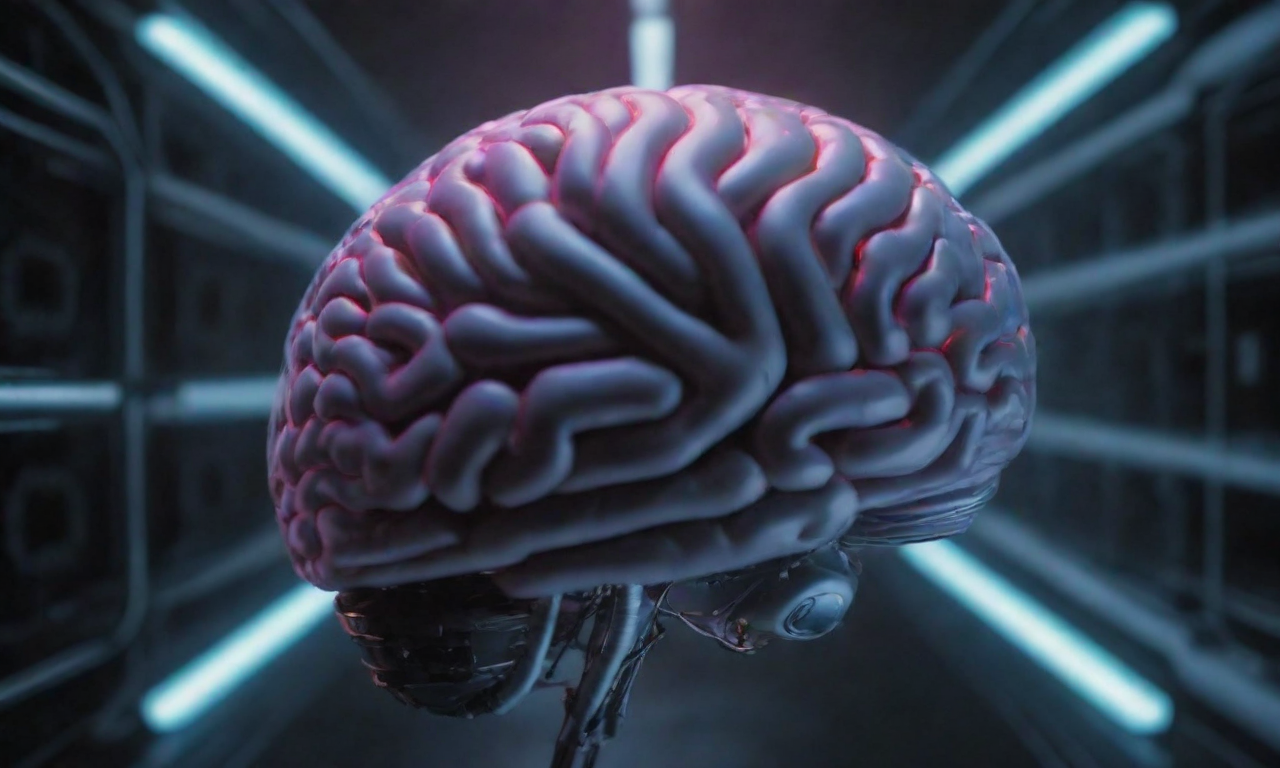By | Trainee Reporter Jiang Qingling
On January 16th, the public science popularization microfilm "Memory Travel", funded by the "Science and Technology Innovation Action Plan" popular science special project of the Shanghai Science and Technology Committee and carefully produced by the Shanghai Science and Technology Museum, premiered at the Shanghai Natural Museum Conference Hall. Based on the theme of brain-computer interface technology, the film presents a story that combines science fiction and philosophical thinking through the interaction between characters and complex and ever-changing plot arrangements, triggering deep thinking among the audience on technology, memory, personal privacy, and ethical issues. Organizer provided photoThe scientific consultants for "Memory Travel" are Tao Hu, Vice Director and Researcher of the Shanghai Institutes for Biological Sciences, Chinese Academy of Sciences, and Yang Tianming, Researcher at the Center for Excellence in Brain Science and Intelligence Technology, Chinese Academy of Sciences. They not only participated deeply in the creation of the script, but also rigorously reviewed all the technological details in the film, including the working principle of the brain-computer interface, the implantation method, and the mechanism of human consciousness formation.During the premiere, the two scientists delivered keynote speeches.Tao Hu describes the brain-computer interface technology as a technology that can "make patients become normal and normal people become superhuman." He pointed out that the initial application of brain-computer interfaces was mainly to help brain neurologically impaired patients and disabled people restore normal life, as they have a higher tolerance for this technology. However, in order to popularize this technology to the general public, it is necessary to minimize the trauma caused by implant surgery, ensure that the implanted electrodes are powerful with minimal side effects and long lifespan, and develop automated implant surgery robots to reduce dependence on neurosurgeons.Yang Tianming shared his perspective on brain thinking signals. He proposed that if we look at it from a purely materialistic perspective, human consciousness is the electrical signal activity in the brain. By placing electrodes near the nerve cells, pulse signals can be observed and recorded. Since different behaviors record different signals, information being processed in the brain can be deduced through signal analysis. He believes that future directions in this field include recording brain neural activities with higher resolution, establishing a large database of thoughts and neural activities, and building a neural signal decoding model with the help of artificial intelligence.Researchers believe that research involving humans and their brains is highly sensitive, especially in terms of ethical issues, making it crucial in this field of research. In practice, it is theoretically possible to exercise a certain degree of control over the human brain, but the academic community strictly limits the scope of application of such technologies and cautiously advances their development. The movie "Memory Travel" explores these potential ethical risks and warns the audience. Just like any other technology, brain-computer interface technology has its pros and cons. As shown in the film: we are at the two ends of intelligence. China Science News (January 17th, 2024 Edition, Page 4)Editor | Zhao LuLayout | Guo GangPlease scan the QR code below for instant recognition








